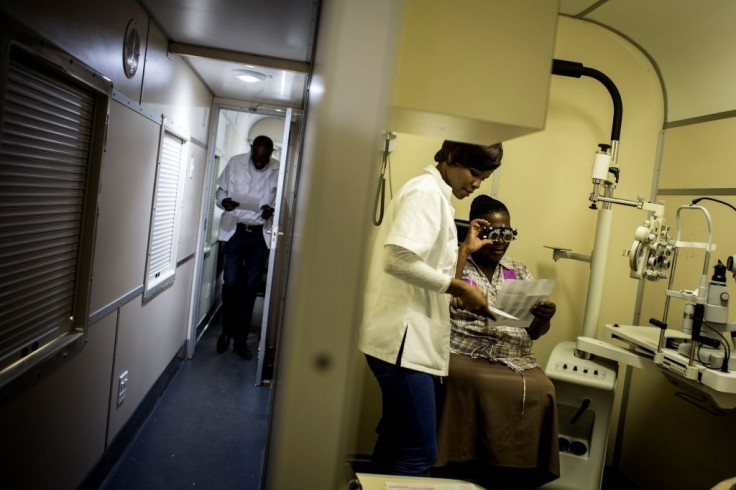What is Luxturna? Novel gene therapy to treat rare inherited blindness gets thumbs up from FDA
The treatment can stop the progress of the disease or improve the vision of the patient in some cases.

The Food and Drug Administration (FDA) has approved a novel gene therapy to treat a rare form of blindness disease inherited at birth, making 2017 a milestone year in the field of medicine.
The drug, dubbed Luxturna, treats retinal dystrophy, a disease in which a person starts suffering from obscured vision at a young age which sometimes develops into complete blindness by adolescence. This is primarily caused by a gene which damages retinal cells responsible for producing proteins crucial for eyesight.
Around 2,000 people are affected by this disease in the United States, with many more suffering across different parts of the world, according to a Reuters report.
However, with this treatment, doctors can now restore the protein-generating capabilities of the retinal cells. Essentially, Luxturna delivers a benign virus that delivers a functional version of the gene, RPE-65, causing the whole problem. The gene is injected underneath the retina.
Once delivered, the healthy version of the gene creates more of the missing enzyme, ultimately stopping the progress of the disease or improving the vision of the patient – in some cases.
The approval from FDA came after a stage three clinical trial, in which, subjects who received the drug were able to navigate an obstacle course at night. Some subjects were even able to perform impossible tasks like a reading a book, playing a game, or riding a bicycle.
This is the third gene therapy approved by FDA since August 2017. "Today's approval marks another first in the field of gene therapy – both in how the therapy works and in expanding the use of gene therapy beyond the treatment of cancer to the treatment of vision loss – and this milestone reinforces the potential of this breakthrough approach in treating a wide range of challenging diseases," FDA Commissioner Scott Gottlieb said.
So far, there is no word on how much the drug will cost, but it has been widely speculated that Spark Therapeutics, the developer of the treatment, will be selling at it an estimated $1million to every patient. "I think the price tag will be enormous — 20 or 30 times the annual wages of the typical American," Dr Peter Bach, director of the Center for Health Policy and Outcomes at the Memorial Sloan Kettering Cancer Center, told NPR.





















